An Intensive Outpatient Program (IOP) is a structured and supportive treatment option for individuals struggling with mental health conditions or substance use disorders. Unlike residential treatment, an IOP allows participants to receive intensive care while continuing to live at home, maintain their daily responsibilities, and integrate treatment into their everyday lives. If you or a loved one is considering an IOP in Georgia, here’s what you can expect from the program.
Comprehensive Assessment and Individualized Treatment Plan
Before beginning an IOP in Georgia, participants typically undergo a comprehensive assessment conducted by licensed mental health professionals. This evaluation helps determine the individual’s specific needs, challenges, and goals for recovery. Based on the assessment, a personalized treatment plan is developed, outlining the types of therapy, frequency of sessions, and any additional support services required.
Structure and Schedule
Most IOP programs in Georgia operate on a structured schedule, offering treatment sessions multiple days per week. Typically, participants attend therapy for 3-5 days per week, with sessions lasting between 3-4 hours per day. This level of care provides intensive support while allowing individuals to continue with work, school, or family responsibilities.
Therapy and Counseling
IOP programs offer various evidence-based therapies to help individuals manage their conditions and develop coping skills. Common therapeutic approaches include:
- Cognitive Behavioral Therapy (CBT): Helps individuals identify and change negative thought patterns and behaviors.
- Dialectical Behavior Therapy (DBT): Teaches emotional regulation, distress tolerance, and interpersonal skills.
- Group Therapy: Provides peer support and a safe environment to share experiences and learn from others.
- Individual Therapy: One-on-one counseling with a therapist to address personal challenges and progress in recovery.
- Family Therapy: Involves loved ones in the treatment process to improve communication and relationships.
Medication Management
For individuals with mental health conditions such as depression, anxiety, or bipolar disorder, medication may be an essential component of treatment. Many IOP programs in Atlanta offer medication management services, where psychiatrists or nurse practitioners monitor prescriptions, assess effectiveness, and adjust dosages as needed.
Life Skills and Relapse Prevention
In addition to therapy, IOPs often focus on building essential life skills to support long-term recovery. Participants learn stress management techniques, problem-solving strategies, and healthy coping mechanisms. For those recovering from substance use disorders, relapse prevention planning is a key aspect of the program, helping individuals identify triggers and develop strategies to maintain sobriety.
Support and Aftercare Planning
A successful IOP prepares participants for life beyond the program by providing ongoing support and aftercare options. Many IOPs offer alumni groups, support meetings, and referrals to community resources to help individuals stay on track with their recovery.
Intensive outpatient program Georgia
An Intensive Outpatient Program (IOP) in Georgia provides a flexible and effective treatment option for individuals seeking support while maintaining their daily routines. With structured therapy, personalized treatment plans, and a focus on long-term well-being, IOPs empower individuals to take control of their mental health and recovery journey. If you or a loved one is in need of support, consider reaching out to a reputable IOP in Georgia to explore available treatment options.

